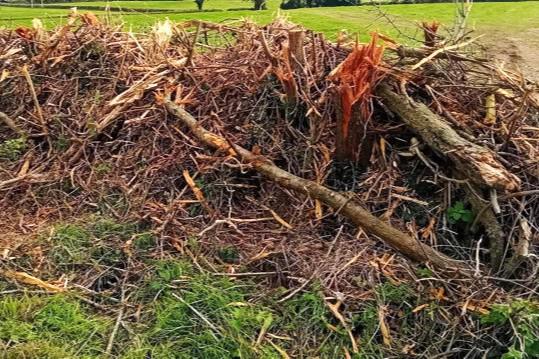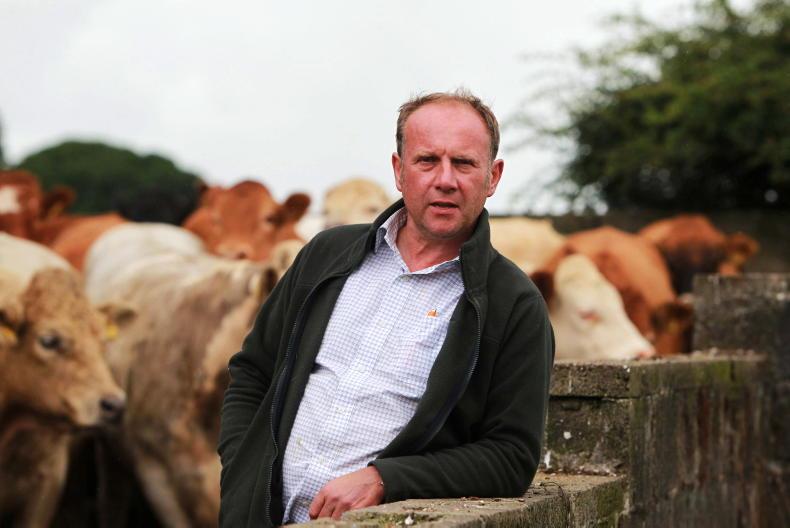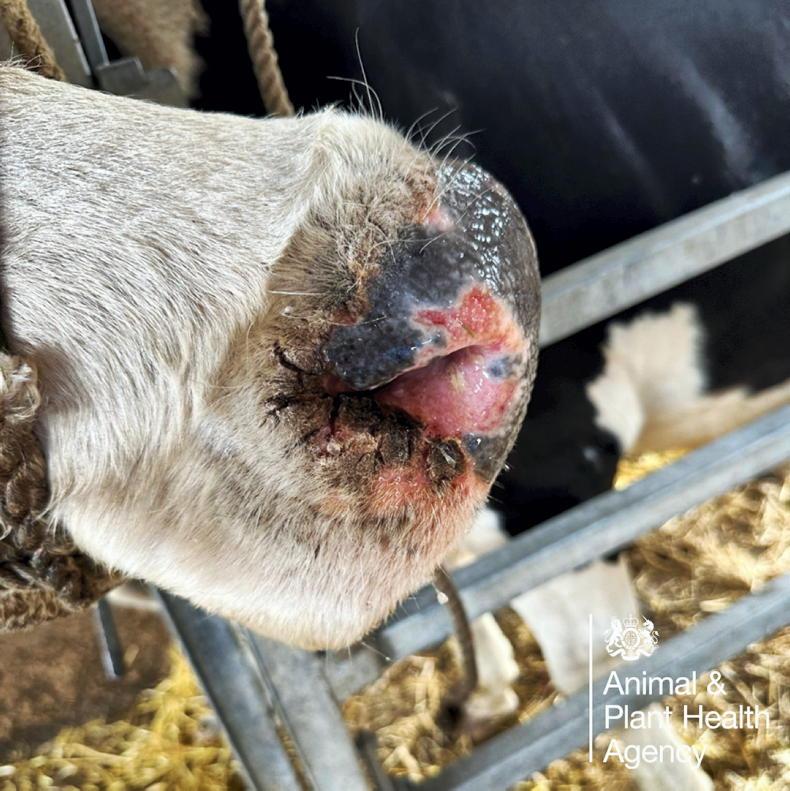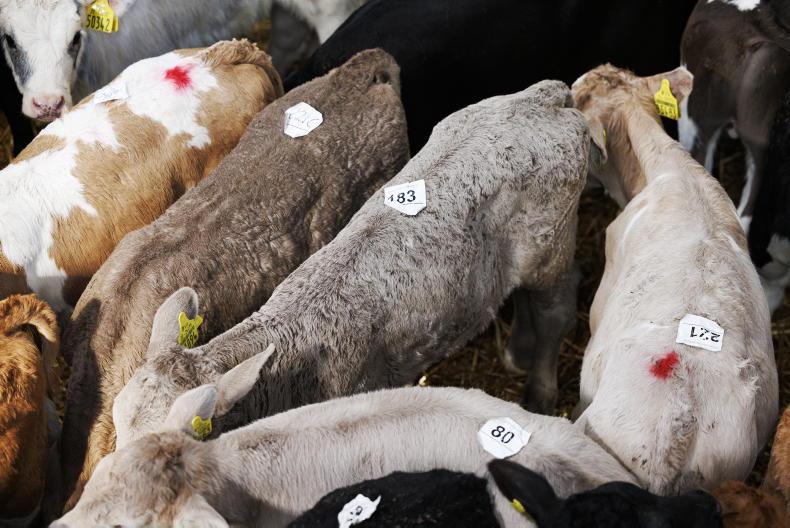Farmers should be paid to reduce the size of their herds, a new position paper from the Environmental Pillar has recommended.
Towards a New Agricultural and Food Policy for Ireland was compiled by the Environmental Pillar, the Stop Climate Chaos Coalition and the Sustainable Water Network and launched on Tuesday morning.
It has called for a revised roadmap for agriculture related emissions reductions and a declining cap on total national reactive nitrogen usage.
Those responsible for the paper believe that Government should consult with stakeholders on a range of measures based on international best practice to “limit and reverse recent expansion in the dairy sector” by rapidly bringing sectoral greenhouse gas emissions back to 2011 levels by 2025 or as soon as feasible thereafter.
“Such measures should include a requirement for dairy farmers to reduce their herds and stocking rates to the level consistent with local environmental, and national ammonia and climate constraints, with immediate priority given to farms in sensitive catchment areas,” the paper reads.
Herd reduction
It also calls for compensatory measures to be put in place to facilitate and incentivise herd reductions and diversification in the suckler and beef finishing sectors.
“Farmers relying on CAP payments for the bulk of their farm incomes should not be financially worse off by implementing herd reductions on a gradual basis,” according to the paper.
Payments
Government must phase out all “environmentally harmful subsidies” in the agricultural and food sector, it recommends.
“This means re-orienting subsidies so that public money is channelled into the delivery of public goods. Public funding should deliver permanent cuts in greenhouse gas emissions and protect and restore water quality and biodiversity. It should also support rural livelihoods and communities,” states the new publication.
Furthermore, farmers should be subsidised for farm and landscape-scale ecological restoration and rewilding initiatives, where appropriate, and “intensive farms should be required to do more for biodiversity”.
Agri-environmental schemes
The State should reward farmers for the public goods that high nature value (HNV) farmland provides and ensure the socio-economic viability of rural communities.
“Scaling up locally adapted and financially attractive results-based agri-environment payment schemes will be important for restoring biodiversity on all farm types", the paper states.
“As part of the proposed land use review, the Government should assess the potential for ecological rewilding at farm, catchment and landscape level."
Bogs and forests
The authors call on the Government to cease the drainage of wetlands and peaty soils, and end all peat extraction, recommending that targeted, customised supports for the management and rejuvenation of existing carbon stocks be put in place.
It has also called for a suite of agro-forestry measures to be put in place to promote natural regeneration and ecological corridors for nature connectivity.
Nitrates
The policy paper calls on the Government to “conduct risk assessments of all intensive farms (greater than 130 kg livestock manure nitrogen/ha) in sensitive catchment areas” and to radically overhaul the Nitrates Action Plan.
This, it states, would result in nitrates derogations no longer being granted unless it can be demonstrated that a given catchment area can absorb the totality of nitrates being applied without negative impacts on water status as per the Water Framework Directive.
On organic farming, the group would like to increase the uptake in organic farming in line with the EU Biodiversity Strategy 2030 target of having at least 25% of agricultural land under organic farming management.
Tillage
Nature-friendly farming methods should be promoted in the tillage and horticultural sector, including the use of integrated pest management, reduced or no-till farming, crop rotation and cover crops, as well as leaving fallow plots and allowing for arable reversion next to existing natural habitats.
As a national policy priority, the paper states that imported horticulture food items should be substituted with cereals, fruit and vegetables grown in Ireland.
Regarding slurry spreading, it calls for splash plate slurry spreading to be banned immediately within the impact zone of sensitive natura sites and within 5.2 km of those sites.
Land eligibility
Land eligibility criteria under the CAP must be reviewed, with a guarantee of payments for space for nature and high quality, connected ecosystems on all farms.
Acordig to th paper: “The primary eligibility criterion should be that land is subject to positive environmental management in a way that ensures maintenance of public goods.”
Bord Bia and Teagasc
Bord Bia’s Origin Green Programme should be discontinued, “because of the conflict of interest between the marketing aims of the programme and the role of Bord Bia in producing their own sustainability assessments and metrics”.
It also calls for a review of the legal mandate of Teagasc, “with a view to reorienting its research and advisory activities towards a sustainable agro-ecological model, ensuring that environmental expertise is immediately represented on its board and management”.









SHARING OPTIONS